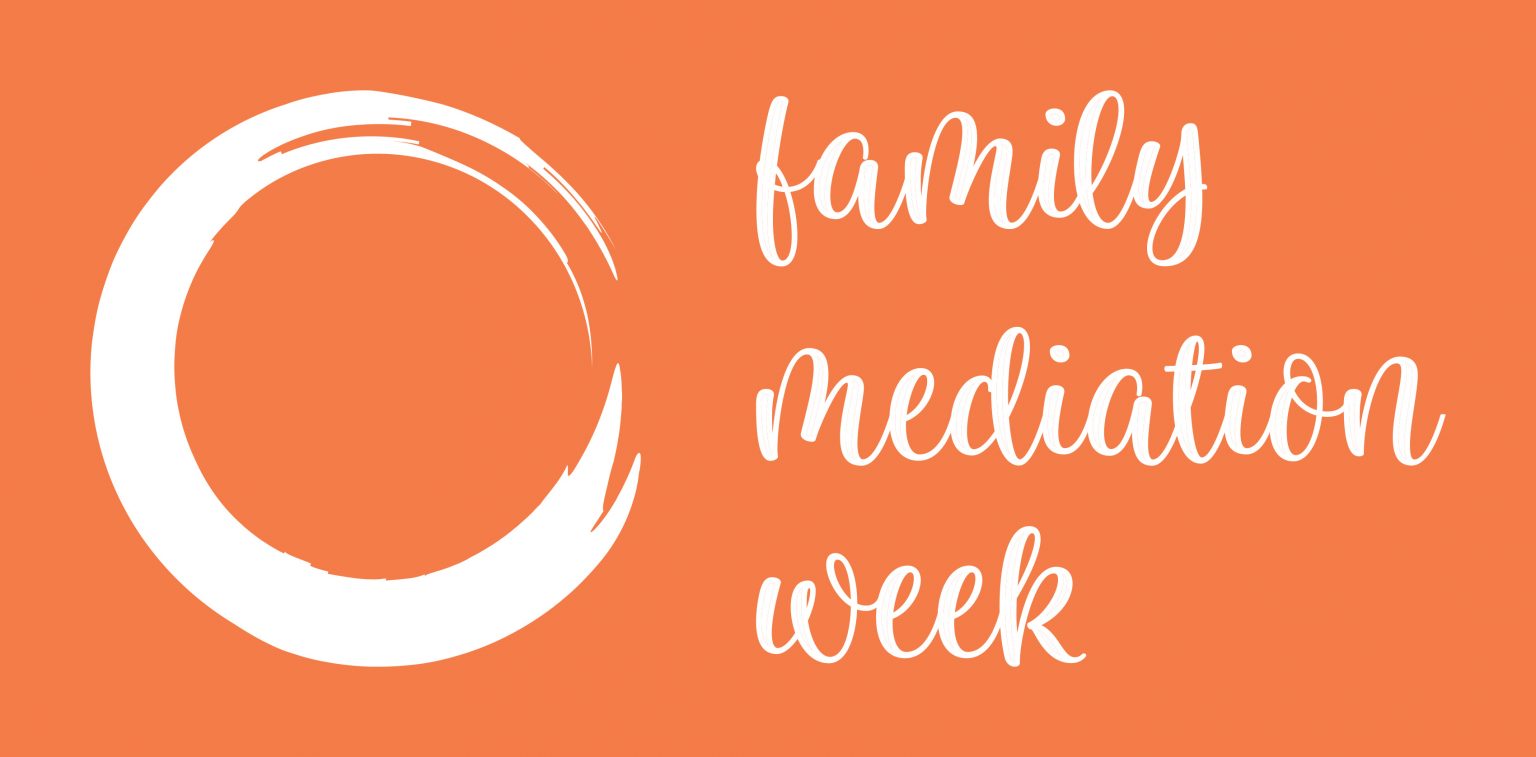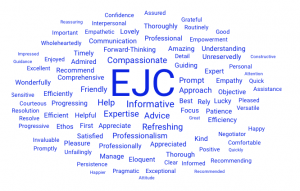What is Mediation?
The mediation process encourages you to discuss your issues with your former partner in an amicable and constructive way. An independent mediator is appointed to help you come to an agreement – this can be in relation to a specific point, or in relation to all issues arising from your separation. Usually this takes place over a number of joint sessions. Typically, agreement can be reached in three or four joint sessions, although there are no fixed timescales as every situation is different. A mediator’s role is to be neutral. They will not take sides and they cannot give legal advice to either of you. They can, however, provide information and guidance on the options available to you. At E J Coombs Mediation we can help you with all issues relating to family law. It is always recommended that you obtain legal advice alongside the mediation process.
When should I attend mediation?
It is usually better to commence the process during the early stages of separation, to avoid any disagreements escalating. If, however, you have separated some time ago but want to try and resolve issues then mediation can be effective at any time. If you wish to make an application to the family court, the law says that you must consider mediation to see whether court proceedings can be avoided. There are exceptions to this, such as domestic violence or domestic abuse situations, but normally you would require the mediator to sign your court application form. This form can be signed at any stage, e.g. if mediation breaks down or it is clear that the mediation process is not suitable for you or no longer suitable generally.
The benefits of mediation
Mediation encourages communication, particularly important where there are children involved. Most couples report that mediation leaves them feeling that they have more control over their arrangements, rather than resolving issues with traditional methods such as court proceedings or negotiations through solicitors
How does mediation work
You can contact our mediator directly or your solicitor can refer you. Once you have made contact, we will arrange an individual meeting with each of you. During the individual meeting the process will be explained to you and any concerns or reservations that you may have will be explored. Mediation is an entirely voluntary process and nobody can be forced to attend. If you are both happy to proceed, a joint session will be arranged
Joint Sessions
The mediator will encourage you both to take a respectful and constructive approach and will assist you to make proposals that you both find acceptable. These proposals are then recorded in a confidential document called a Memorandum of Understanding and, where the issues relate to financial matters, the mediator will also prepare an Open Financial Statement recording a summary of the financial information that you have provided during the mediation process. These can be reviewed with your respective solicitors. If the case relates to finances, your solicitors can then prepare the necessary court papers to record the agreement reached.
Next Steps
If you feel that the mediation process is something you are interested in, or would like further information then please contact us:
Telephone 01245-221699 or email vicky@ejcoombs.co.uk. Further contact information is on our contact page here.
We have some information available to download from our website:




